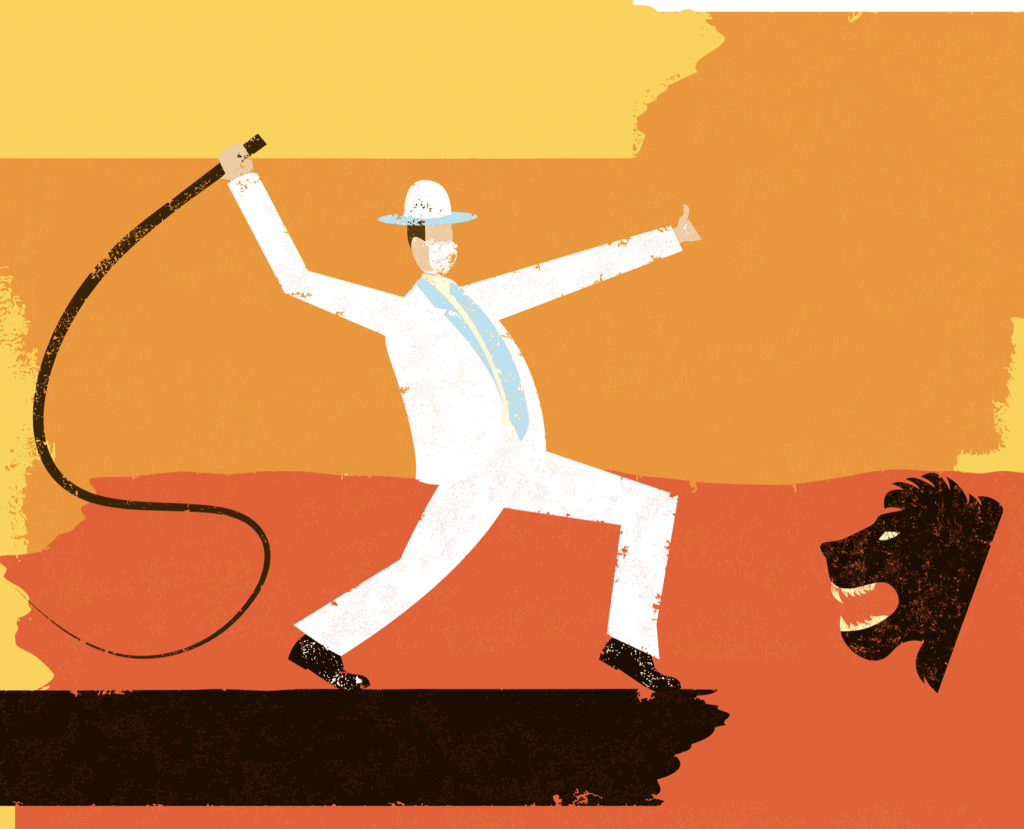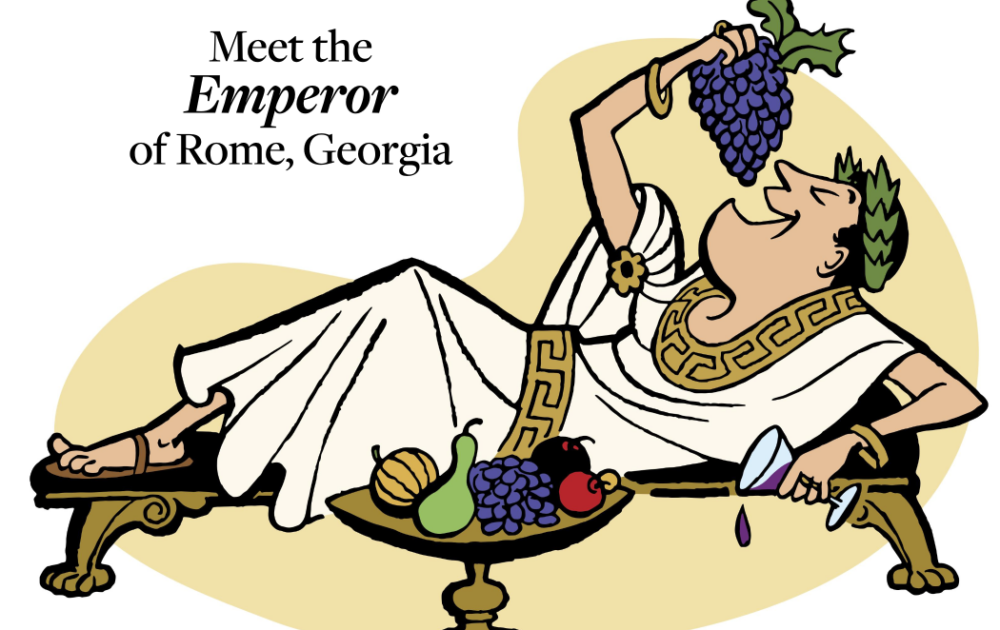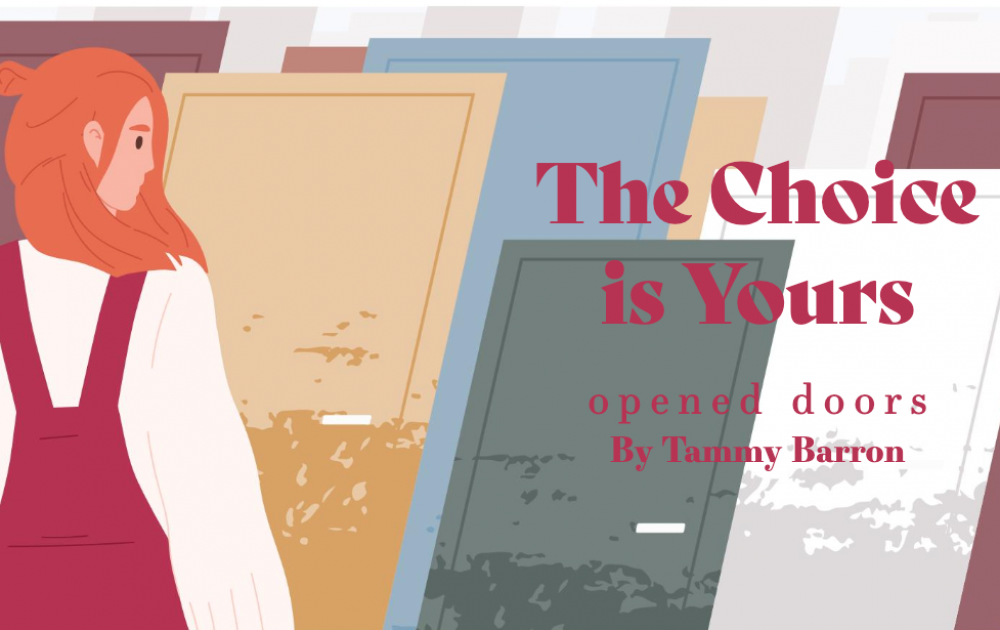
There was an unwritten code for killing animals when I was a country boy: You eat what you kill. You skin and gut what you shoot down, or pul out of the river, so your mother can make a supper of it.
We didn’t have to live off the land. My parents had jobs, and there was a grocery store in town. But I was only one generation removed from family farming, from growing and killing your food. So there were chickens scratching in the yard, cows grazing in the pasture, catfish in the Alcovy River, and small game on hundreds of acres of forest and fields.
I learned to catch and trap and kill. There was excitement in that for a growing boy, but also a sense that I was contributing to the family in some small way. (Although I didn’t get the same satisfaction from shelling butterbeans, which I still maintain is the most monotonous task there is.) In the outdoors, I had the advantage of guns and steel hooks. The animals had a chance – a dwindling chance as I learned to aim better, but still … a chance.
I began to read magazines like Outdoor Life and Sports Afield and dream of big-game hunting someday. Also influencing me – in classrooms – were the exploits of Teddy Roosevelt, who was a U.S. president after all, and Ernest Hemingway.
My interests in big-game hunting and writing were unexpectedly co-joined when I had the chance, during my sophomore year in high school, to meet a man, Charlie Elliott, who hunted big game and wrote about it in some of the magazines I was reading. Mounted on his arching den walls were the heads of deer, elk and other big animals.
A fantasy began: I would one day track really big animals, shoot them, mount their heads in my den and write about it for national magazines.
Right about then, I was doing some minor carpentry work on the house of another man who, I learned, was also a big-game hunter. One day, he asked if I’d like to see his guns.
Of course I would!
We walked down some steps to his basement and over to a wood-paneled wall. He took some kind of metal disc from his jacket and slid it over a spot in the wall only he knew. I heard a metallic freeing sound, such as a heavy key makes in a padlock, and I was about to enter 007 Land. A section of four-wide paneling slid open to reveal a small room with a hidden arsenal.
I asked the man if he knew Charlie Elliott, the hunter/writer whose home I had been in a couple of years earlier, and sort of bragged about my encounter. This man looked at me in the way that old men do when they’re about to dash your dreams (“You’ll never play college ball” … “Your car’s not that fast”).
He solemnly told me that Charlie Elliott never tracked an animal in his life. Guides, real woodsmen, took him into that world out there and set up his photographs and his kills.
As we walked back up the steps from the man’s basement, I felt I was actually descending, metaphorically, into reality.
I later learned that big-game hunters got their trophies not from heroically slaying charging beasts in a jungle but by encircling them in Jeeps in open plains, where they had far less chance than the rabbits and quail I hunted.
I learned that Ernest Hemingway, whose stories I still admire, was a narcissist, a womanizer, a bully and an alcoholic who took his own life – in efficient fashion, or a “clean kill,” as hunters say.
This summer, a Zimbabwean lion named Cecil and a Minnesota dentist named Walter made international headlines. The latter killed the former, who was lured from his wildlife preserve. Cecil suffered for nearly two days before being tracked down, finished off, beheaded and skinned.
If you want to make any justification for trophy hunting, the story of Cecil and Walter is not your trump card.
Africa’s lion population has diminished by 82 percent just over the last couple of decades. But every day, unnamed elephants are killed solely for their tusks, and anonymous rhinoceroses merely for their horns. Maybe if they had a name, as Cecil did, there would be an outcry, a protest, a stoppage of slaughter.
This may be the least bit of irony I’ll ever attempt, but I’ll quote Charlie Elliott now: “There are heartbeats in the wilderness. They share our moments in the mountains, in the swamps, and in and on the waters of our land, wherever we might be. They are the large part of the reason we are there.”
Biz Bits
Mike Huckabee, the former Arkansas governor and perpetual president-wannabe, recently took a stand on a global issue. Not the struggling Chinese economy, not the Russian military buildup … no, the aspiring leader of the free world said that a 10-year-old Pakistani girl who was raped and impregnated by her stepfather should not be allowed to have an abortion. It is what the girl, her family and supporters want, but the religiously strict Pakistani courts have said no. So now we know that Huckabee is concerned, but not compassionate, about a 10-year-old rape victim in a country with which the U.S. has only tenuous relations.
Beijing, China, which hosted the 2008 Summer Olympics, just won the bid for the 2022 Winter Olympics, which is unprecedented and in some minds unwarranted. This is a country that still jails dissidents and whose economy is currently dragging down other nations’, like ours. I guess Beijing’s selling point was, “At least our air pollution isn’t as bad in the winter as in the summer.”
Cape May Brewing Co. in New Jersey is coming out with a new beer to commemorate Pope Francis’ visit to Philadelphia this month. The new brew is called YOPO for “You Only Pope Once.” For some reason, I don’t think the folks at the Anheuser-Busch Brewery in Cartersville are slapping their foreheads and asking, “Why didn’t we think of that?”
J. Bryant Steele has won awards for business reporting, feature writing and opinion columns, and is based in Rome.
*The views expressed in this column are those of the writer, and do not represent the opinions of V3 Magazine.



